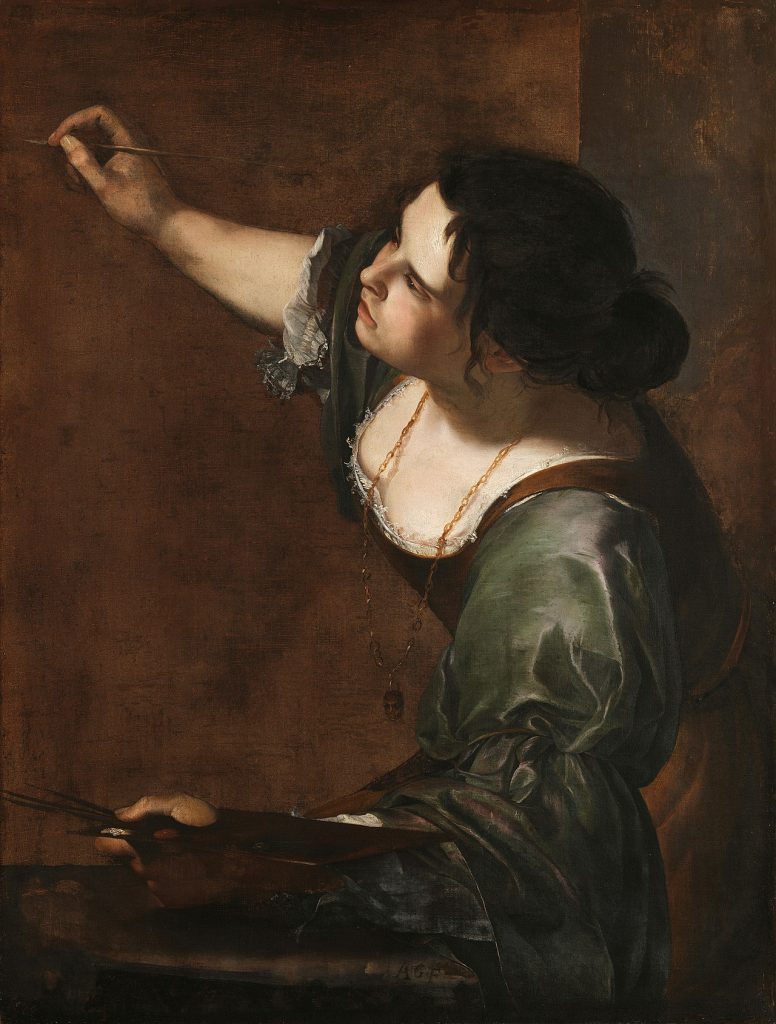
The origin of the word creativity can be traced back to the Latin verb creo and even earlier in the Sanskrit root kar- which means “to produce”, “generate”, “make”.
From the same Sanskrit root also derive several Greek words, including the names of Kronos, Saturn father of Zeus, and Ceres (Ceres), a deity linked to the harvest, both related to generation.
Creativity is a faculty often linked to intelligence and adaptability, as well as artistic imagination. However, this was not always the case; in fact, Greek culture has two words to allude to what we call intelligence:
- Nous is the inactive and contemplative intelligence, related to conceptual knowledge, which follows the time of chronos (the time of succession and measurement)
- Metis is the active and executive intelligence, linked to action and problem solving, which follows the time of kairos (the opportune time, the moment)
Creativity was therefore linked to metis, not nous, because it is precisely that which allows you to see a solution where there is not or to conceive an art object in front of the raw material.
The concept of creativity sees a moment of great fortune and theorization during the Romantic era (from the late eighteenth century to mid-nineteenth century) where it is the prerogative of Art and a guarantee of originality. On the other hand, reason, nous, exalted first by the Enlightenment and then by the Positivists, is seen as an obstacle to the imagination of genius because its schematism interferes with the free expression of feelings and visualization of images.
Starting in the 20th century, with the birth of modern psychology, the formulation of new philosophical theories and then with the advent of neuroscience, creativity and thus metis begin to be claimed as fundamental to science. They constitute the foundation for the adaptive, chameleon-like and ductile observation, and allow to propose specific solutions for concrete cases ensuring a strong adherence to reality.
Although it would now be anachronistic to speak of two such opposing forms of intelligence, the history of nous and mentis mirrors that of the role of creativity in the medical field. In fact, today creativity is increasingly recognized as a quality to be cultivated and encouraged also in the training and clinical practice of health professions. The specificity of each patient makes appropriate a form of adaptive and creative intelligence that allows to devise from time to time personalized therapies.
Please leave us a word for your feeling of creativity.
